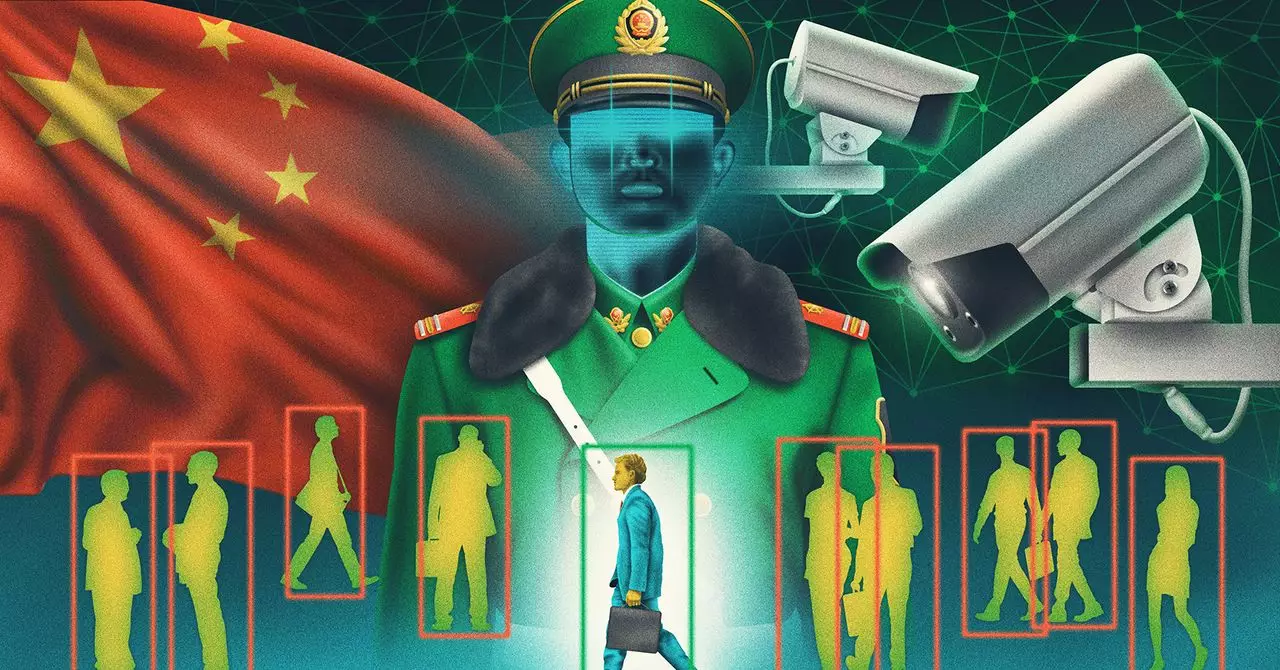Once heralded as the gateway to an unparalleled economic future, China’s image on the world stage has dramatically transformed over the past decade. During the 2008 Beijing Olympics, China projected an image of openness and burgeoning global influence, seemingly inviting the world to witness its ascent. The event encapsulated a narrative of national pride and economic vitality, with international visitors pouring in, and companies eager to expand their presence in what was then perceived as the undivided land of opportunity. However, as the years unraveled, this optimistic veneer has frayed beneath the weight of geopolitical tensions, internal political shifts, and changing policies.
Under Xi Jinping’s leadership, China’s trajectory veered inward, emphasizing control, sovereignty, and national security. The expansive economic growth that once attracted global firms has been overshadowed by stringent regulatory environments and policies that are increasingly unpredictable. Foreign businesses, once enamored with China’s vast markets, now find themselves navigating a complex maze of legal ambiguity, surveillance, and diplomatic caution. This retreat from openness has made international business travel a more fragile endeavor, with safety and diplomatic concerns taking center stage. In essence, China has transitioned from a confident global hub into a cautious frontier, where opportunities are tempered by rising risks.
The Risk-Reward Balance for Business Travelers
Despite the geopolitical storm clouds gathering, China continues to be a crucial market for many industries. At present, there are still approximately 50 direct flights connecting the United States and China weekly, illustrating that business ties remain active—if more guarded. China has also tried to ease visa restrictions for business travelers, attempting to maintain a semblance of openness. Yet, beneath this surface, a more nuanced reality persists: the environment is far from welcoming in the traditional sense.
Travel advisories issued by the US Department of State reflect this complexity, recommending increased caution due to arbitrary law enforcement, detention incidents, and exit bans. These warnings are not unfounded, and recent high-profile cases of American nationals detained or restricted from leaving China serve as stark reminders of the underlying risks. For those working closely with Chinese authorities or involved in sensitive negotiations, the threat of interference is tangible, and the borderlines of comfort are continually shifting.
Crucially, experienced analysts like Isaac Stone Fish underscore that the genuine sentiment among corporate executives often diverges from the optimistic official narratives. While public statements may project confidence, private conversations reveal a more cautious, even pessimistic view of operating in China today. The challenge for business travelers now is to weigh potential gains against the mounting political and legal hazards—an exercise in risk assessment that is more critical than ever.
The Legacy of China’s Historical Openness and Its Current State
Looking back, the early 2000s and the immediate post-Olympics era marked China’s open-door moment. Major brands, Hollywood productions, and international events celebrated the country’s newfound prominence, encapsulating an era where China seemed poised for seamless integration into the global economy. During that time, foreign direct investment surged, and the general consensus was that China was the world’s most promising growth story.
But history has shown that such optimism was transient. Since Xi Jinping’s rise, the country has shifted toward a strategy of consolidation and control. The anti-corruption campaigns, the expansion of surveillance technology, and the assertive foreign policy initiatives—exemplified by trade disputes and territorial assertiveness—have all contributed to a more guarded national posture. The long-standing allure of China as an open, welcoming partner has been replaced with a cautious, sometimes guarded, approach that keeps foreign investors and travelers on their toes.
This evolution signifies a fundamental change: China’s global persona has transitioned from eager participant to deliberate gatekeeper. For business professionals, this signals the importance of strategic patience, meticulous planning, and a heightened awareness of the fragile political landscape. The era of effortless access is gone, replaced by a reality where every trip demands a risk-aware mindset and an understanding that political currents can rapidly alter the environment.
Looking Ahead: Navigating the New Normal
The future of China as a business destination is inherently uncertain. While economic policies continue to seek stability and growth, the geopolitical climate presents formidable headwinds. Business travelers must accept that the landscape has fundamentally changed from a few years ago. The era of unbounded opportunity is giving way to a landscape defined by caution, strategic adaptability, and diplomatic sensitivity.
Springing from the ashes of China’s past openness, this new normal calls for a reassessment of international engagement strategies. Companies and individuals who once took the ease of crossing borders for granted now need to develop more nuanced, risk-informed approaches. This doesn’t mean avoiding China altogether but understanding that engagement now requires a more sophisticated balancing act—leveraging opportunities while meticulously managing risks. The coming years will be critical in defining how global businesses navigate China’s evolving geopolitical and regulatory terrain, and those who approach it with prudence and insight will likely find ways to sustain their presence amidst turbulence.

